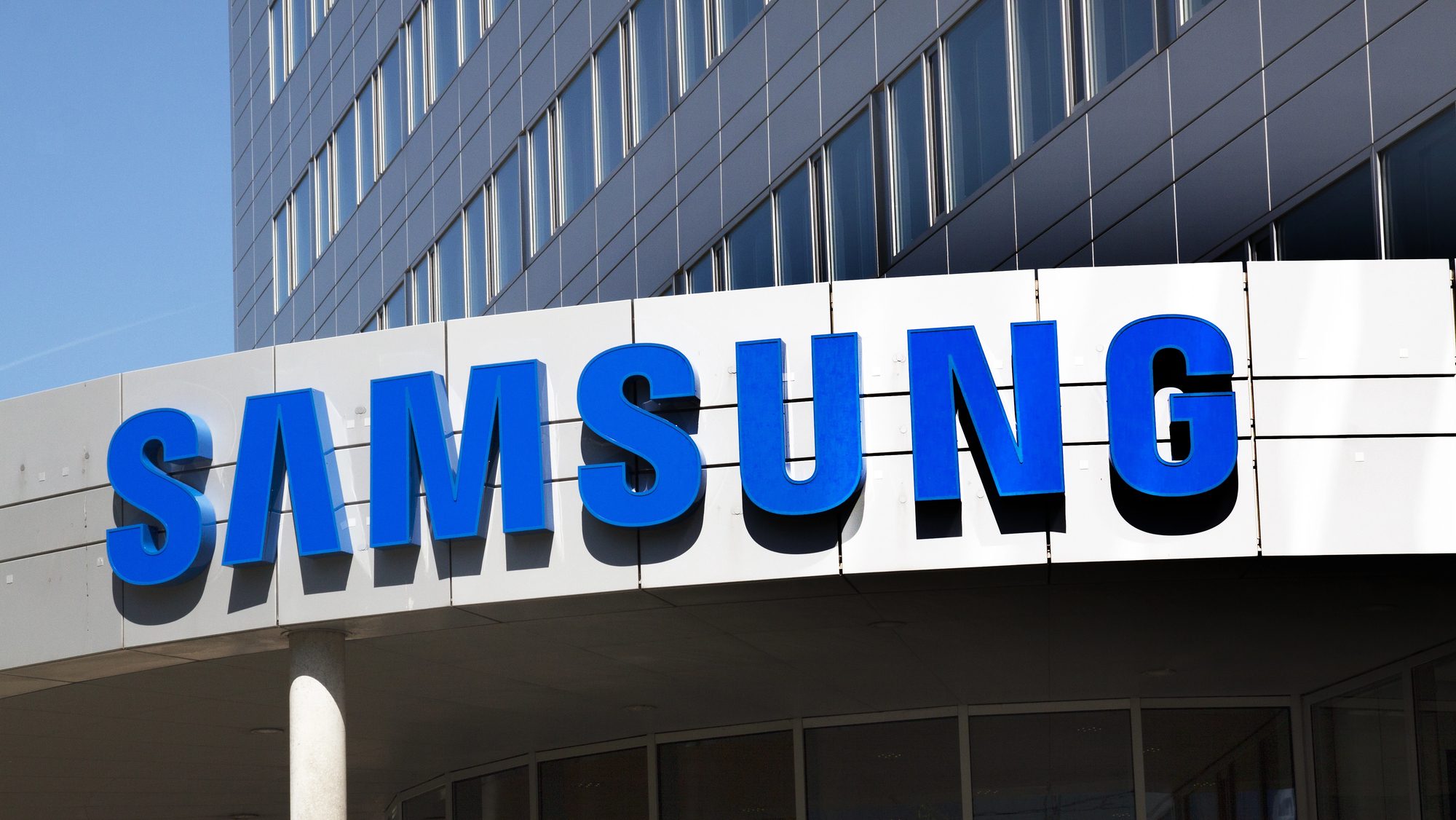SEOUL: On Tuesday, Oct 8, Samsung Electronics estimated its third-quarter operating profit at 9.1 trillion won (S$8.8 billion), jumping nearly four-fold compared to last year.
However, this fell short of the 10.3 trillion won estimate from LSEG SmartEstimate, as reported by The Business Times.
This profit is a significant jump from the 2.4 trillion won recorded in the same period last year but lower than the 10.4 trillion won posted in the previous quarter.
Despite the profit surge, the company issued a rare apology for trailing behind competitors in the fast-growing artificial intelligence (AI) chip market.
The company has been the world’s biggest maker of memory chips for 30 years, but it’s now facing tougher competition in both regular and advanced chip markets.
Chips used in AI servers, which bring in higher profits, are helping the chip market recover after last year’s slowdown. However, Samsung has fallen behind SK Hynix in supplying high-bandwidth memory (HBM) chips to leading AI firm Nvidia.
Young Hyun-jun, vice-chairman of Samsung’s Device Solutions Division, said, “We have caused concerns about our technical competitiveness, with some talking about the crisis facing Samsung.”
“These are testing times,” he added. He pledged to turn this challenge into an opportunity and improve the company’s long-term technological competitiveness.
In addition to these challenges, Samsung announced that sales of its high-end HBM3E chips to a major, unnamed customer have been delayed. The company did not provide further details on the matter.
According to Samsung, earnings in its memory chip business have declined due to increased supplies of “legacy” products from Chinese competitors and adjustments in inventories by some mobile customers.
This has offset the strong demand for HBM and other chips used in servers.
Analysts have pointed out that the demand for commodity chips used in PCs and smartphones, which Samsung relies on more than its competitors, remains lacklustre.
In May, the company made a sudden change in leadership, replacing the head of its semiconductor division and appointing Mr Jun to tackle the ongoing “chip crisis.”
The company’s share price has fallen more than 20% this year, dropping another 1.2% after the earnings guidance. /TISG
Featured image by Depositphotos

